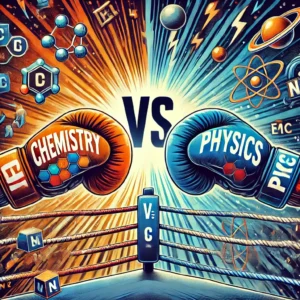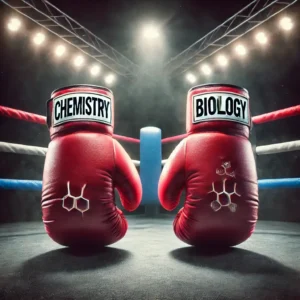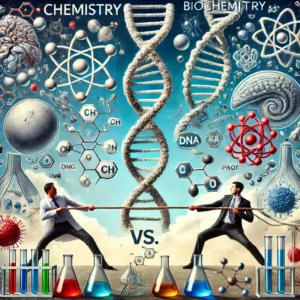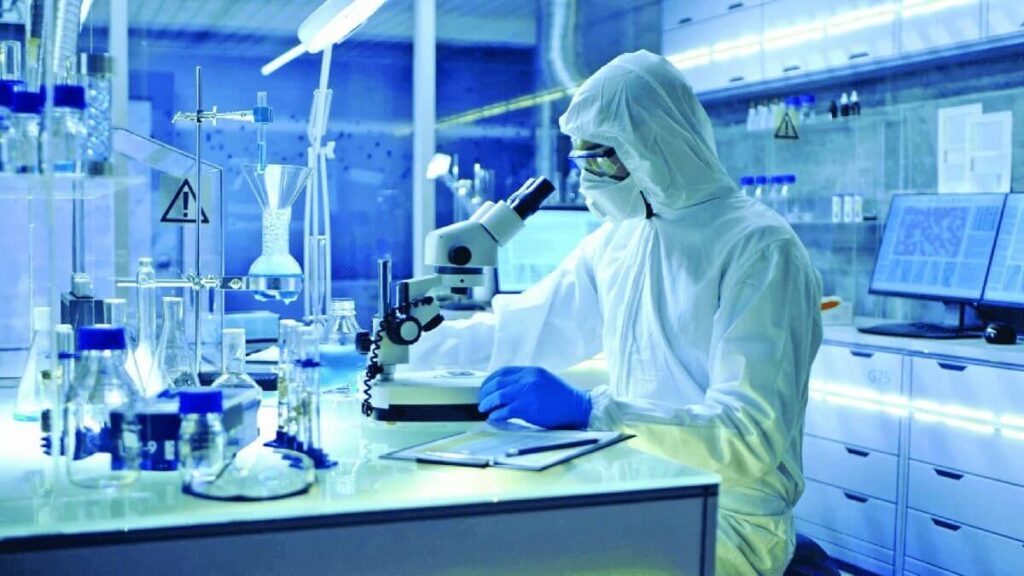Understanding the distinction between physical and chemical changes is essential to chemists, as it helps us identify substances, predict and control reactions, ensure lab safety, and advance research and technological innovation through precise characterization of substances and reactions.
But how well do you understand the differences between physical and chemical changes? Can you accurately tell whether a change is a physical or chemical change? Let’s test your knowledge! You can also challenge others on this physical and chemical change quiz to see who knows more. Have fun while learning this interesting chemistry concept. Do not forget to share.
NOTE: We’ve included explanations for some of the more challenging questions, but should you encounter any confusion with a particular question or answer, don’t hesitate to brush up on your knowledge by revisiting this post: Physical and chemical changes




